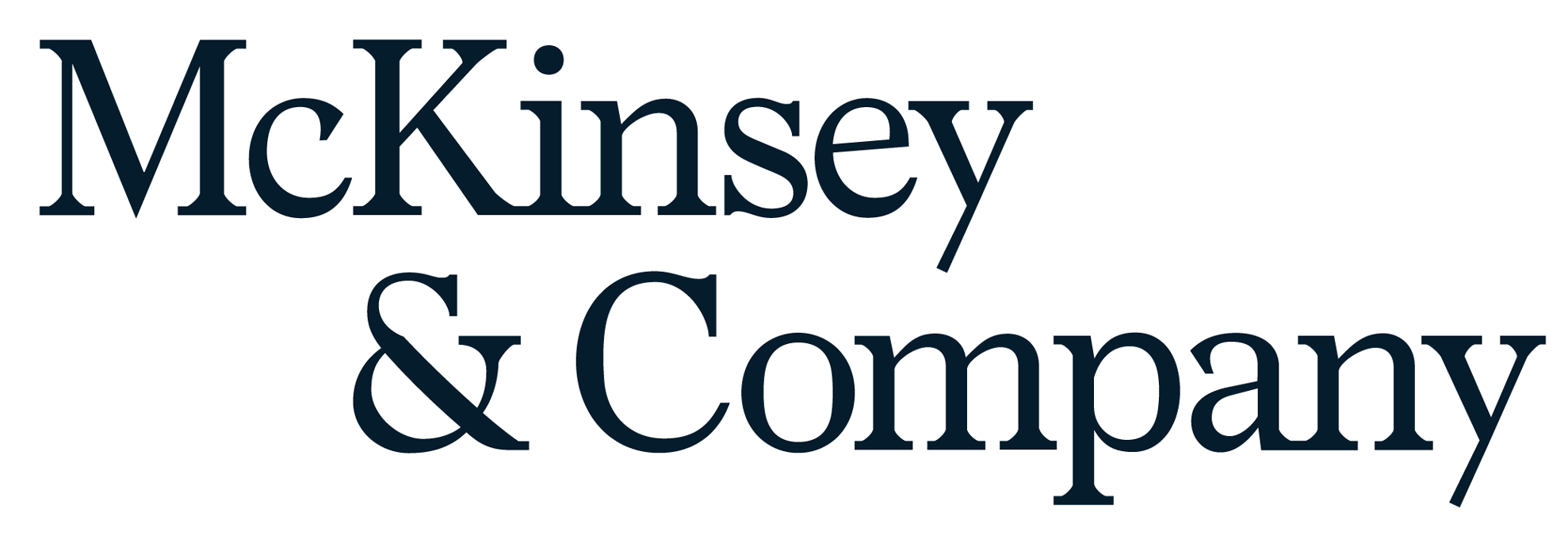
I read a lot about consultancies and how they screw their clients and screw them up too. Really? If this is true, why would you hire a consultant? Answer: to blame someone externally if things go wrong internally.
The main company accused of these misdemeanours appears to be McKinsey. I guess that’s because McKinsey is known as the go-to company for strategy and strategic insights which means, if the strategy goes wrong, they are the go-to company to blame.
This came to mind when I saw an interview with Mariana Mazzucato, an economist and Professor at University College London. Mariana has just launched a new book called The Big Con, a demolition of the consulting industry.
The 'Big Con' describes the confidence trick the consulting industry performs in contracts with hollowed-out and risk-averse governments and shareholder value-maximizing firms. It grew from the 1980s and 1990s in the wake of reforms by both the neoliberal right and Third Way progressives, and it thrives on the ills of modern capitalism, from financialization and privatization to the climate crisis. It is possible because of the unique power that big consultancies wield through extensive contracts and networks - as advisors, legitimators and outsourcers - and the illusion that they are objective sources of expertise and capacity. To make matters worse, our best and brightest graduates are often redirected away from public service into consulting. In all these ways, the Big Con weakens our businesses, infantilizes our governments and warps our economies.
She was interviewed in The Financial Times and explained more:
“These are private companies, the McKinseys and the Deloittes, that have no expertise in the areas that they’re advising in.”
Really? Yes and no. If you’ve worked on digital banking implementations all over the world many times, does that not make you an expert? Oh, yes, that’s 11FS.
Going back to McKinsey, why would you hire them?
You hire them to assign risk deflection.
A bit like, when I was growing up, no one ever got fired for buying IBM, no one ever got strategy wrong by hiring McKinsey. Now I’ve grown up, we know this is not the truth and there’s an awful lot of people who want to share that experience.
For example, last year there was a book released called When McKinsey Comes to Town, where two prize-winning journalists reveal that, “for the last six decades, McKinsey has been the brains behind many of the most loathed and controversial business practices: mass lay-offs, outsourcing overseas, soaring executive pay, as well as the key innovations that led to the financial crash.”
Many blame McKinsey for creating huge inequality in society, where CEOs earn 100 times more than their staff or, equally, for the silo structures in banks which, yes, is their fault.
But to blame all bad practices in business on consultants, specifically McKinsey seems a bit off. After all, you can only join McKinsey if you aced your degree – they only hire firsts and 2:1s – and are smart. Why would we blame smart people for all the ills in the world?
Back in 2000, McKinsey told AT&T that the mobile phone market would be a niche market, with only 900,000 subscribers
In the 1990s McKinsey advised SwissAir to acquire smaller airlines rather than partnering. The major expansion program failed miserably and the airline was forced to declare bankruptcy in 2001.
After General Electric lost $1 billion in 2007, CEO Jeff Immelt told the press that the company had this issue due to the advice of McKinsey & Company.
McKinsey & Company gave the go-ahead for the $350 billion merger between Time Warner and AOL, one of the greatest company disasters of all time.
Enron was its largest client for 15 years and, if you don’t remember Enron, it’s the biggest company collapse of all time and one of the biggest corporate scandals in history.
Nevertheless, consultants are important for firms. I should know. If you’ve done a job many times and have that experience, that’s what companies are buying. Having said that, I wouldn’t outsource my company’s future to a consultant. I’d make sure I had a view.
Finally, I’m taking note that many McKinsey partners become CEOs ... such as Jeff Skilling, the former CEO of Enron. Just saying …
Chris M Skinner
Chris Skinner is best known as an independent commentator on the financial markets through his blog, TheFinanser.com, as author of the bestselling book Digital Bank, and Chair of the European networking forum the Financial Services Club. He has been voted one of the most influential people in banking by The Financial Brand (as well as one of the best blogs), a FinTech Titan (Next Bank), one of the Fintech Leaders you need to follow (City AM, Deluxe and Jax Finance), as well as one of the Top 40 most influential people in financial technology by the Wall Street Journal's Financial News. To learn more click here...

